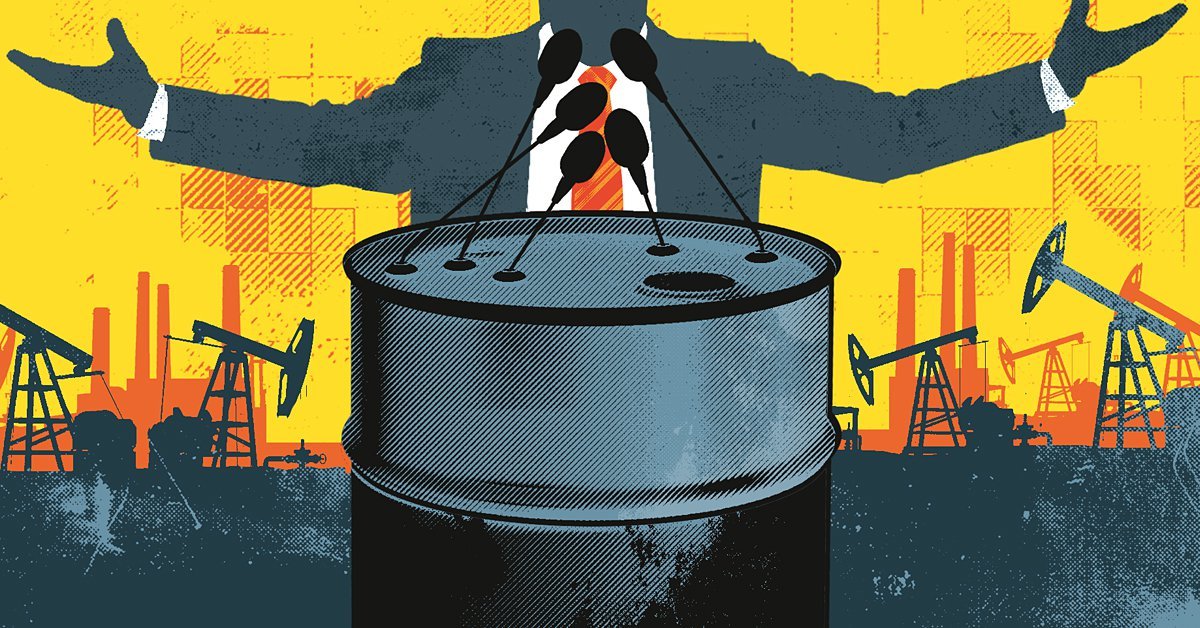Introduction
The choices and actions taken this decade will impact us all - and future generations to come.
We know the solutions, and this includes dismantling the fossil fuel economy, properly governing the extraction of “transition minerals,” and preventing money flowing to businesses carrying out deforestation and other biodiversity-wrecking business activities.
And we know some of the reasons why these solutions haven’t yet materialized. There will be no end to the climate crisis until we put people above profits.
Global Witness’ recent investigations have shown that time and time again, companies (including banks) and governments are responsible for the exploitation of our environment – with little regard for those who depend directly upon it.
We’ve shown how irresponsible businesses and financial institutions are driving the destruction of climate-critical tropical forests like the Amazon, and its communities and biodiversity, and are lining their pockets in the process
Environmental defenders who aim to stop this destruction bear the brunt of our changing climate and corporate abuses. Our latest report on defenders found that at least 1,910 land and environmental defenders globally have lost their lives since we started documenting killings in 2012 - an average of one person killed every two days. Of these, at least 1,390 defenders have been killed since the Paris Agreement was adopted in 2015.
But we are also witnessing this destruction in efforts to address the climate emergency, which are fuelling an already booming demand for renewable energy technology and, consequently, a greater need for critical minerals. For communities living in mineral-producing countries in the Global South, this means higher risks of human rights abuses, conflict and environmental contamination.
This is unconscionable, and yet corporate and government accountability for harms against communities - as well as the consequences of climate - and environmentally damaging industries - remain inadequately addressed through national and global action under the United Nations Framework on Climate Change (UNFCCC).
For genuine climate justice, these processes must put a human rights-based approach to climate action at their core - and promote accountability for harms caused. We also need responses to the climate crises to be informed by urgency as we race to avoid irreversible climate impacts.
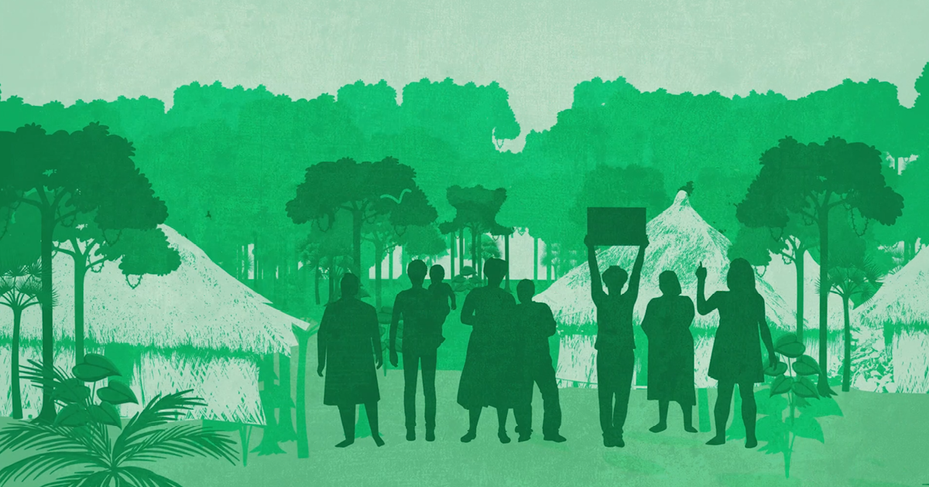
COP28 context
UAE COP28
In its July Letter to Parties, the United Arabs Emirates (UAE) Presidency outlined several priorities for COP28, including goals around the energy transition, climate finance, nature, adaptation, people and food security, and its desire to create “the most inclusive COP ever.”
Yet the UAE has been denounced as it continues to attack human rights and freedoms, including targeting human rights activists, enacting repressive laws that led to the closure of civic space, and using the criminal justice system as a tool to silence and eliminate the human rights movement.
The UN-led climate process is further hampered this year by the chief negotiator's links to the fossil fuel industry. Sultan al-Jaber, the UAE’s COP President, is CEO of one of the largest producers of the same oil and gas that is driving the climate crisis and preventing the mass transition to cheaper, cleaner energy sources.
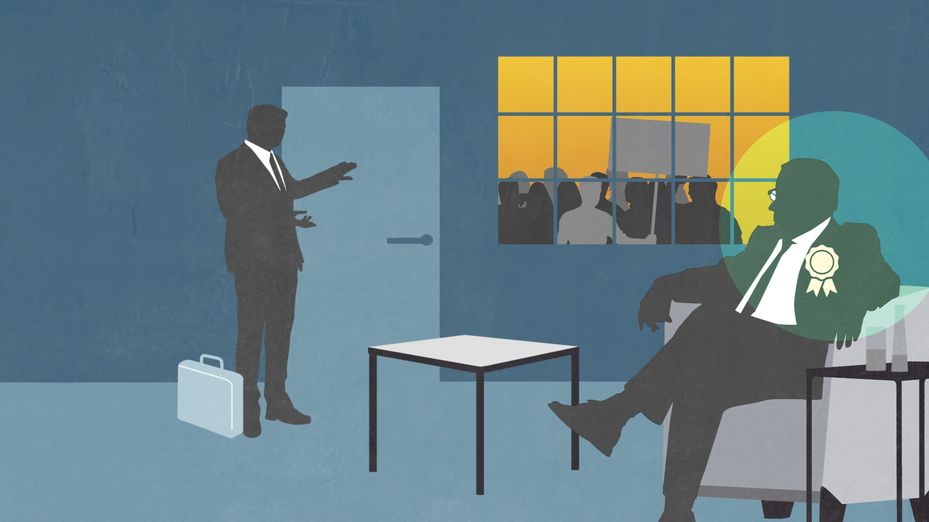
Global Witness has shown that Adnoc – the oil and gas firm headed by Sultan Al Jaber – is set to spend more than $1 billion every month this decade on fossil fuels, despite its claims to be a leading green energy provider.
COP28 cannot be hailed as a success if its hosts do not ensure full and meaningful participation for civil society, end restrictions on civic space, or uphold the rights to freedom of expression, association, and peaceful assembly.
Global Stocktake
This year’s summit takes place against the backdrop of the first Global Stocktake, which has shown we are far off implementation of the Paris Agreement, established at COP21 in 2015.
What is the Global Stocktake?
The Global Stocktake of the Paris Agreement (GST) is a process for “taking stock” of the implementation of the Paris Agreement with the aim to assess the world’s collective progress toward achieving the purpose of the agreement and its long-term goals.
The process started in June 2022 during the Bonn Climate Change Conference and will continue until COP-28 in 2023.
To be effective, the GST must explicitly assess how States’ National Determined Contributions (NDCs) – a technical term for the plans and targets countries produce to address the climate crisis – and all other climate actions have respected, protected and promoted human rights, including the rights of Indigenous peoples, and the rights of environmental defenders to be able to better inform future NDCs, adaptation plans, and all climate action.
Yet in September 2023, the UNFCCC published its Synthesis Report of the Technical Dialogue of the First Global Stocktake, providing an assessment of the collective progress towards achieving the purpose and long-term goals of the Paris Agreement. The report also aimed to inform Parties about potential areas for updating and enhancing their action and support - as well as for enhancing international cooperation for climate action.
This report confirmed the predictions of the IPCC’s synthesis sixth assessment report (AR6) published six months earlier: countries are falling well short of what they promised nearly eight years ago in Paris.
But not only are they failing to head off the climate crisis, they are also ignoring the need for an ambitious climate action in line with human rights obligations - and are refusing to take the necessary action to ensure a liveable future for all.
The reason is simple: fossil fuels.
Oil and gas majors still have a sinister hold over governments, continuing to produce record amounts of their climate wrecking fossil fuels even as countries face severe heat waves and energy prices remain punishingly high for consumers.
Fossil fuel representatives continue to march unashamedly and brazenly through the front doors of COPs year after year, delaying climate action and lobbying for false solutions that allow them to carry on with business as usual.
According to an analysis published in 2022 by Global Witness, Corporate Accountability and Corporate Europe Observatory, 636 fossil fuel lobbyists were granted access to COP27 - more than 100 more lobbyists than the registered number for COP26 a year earlier.
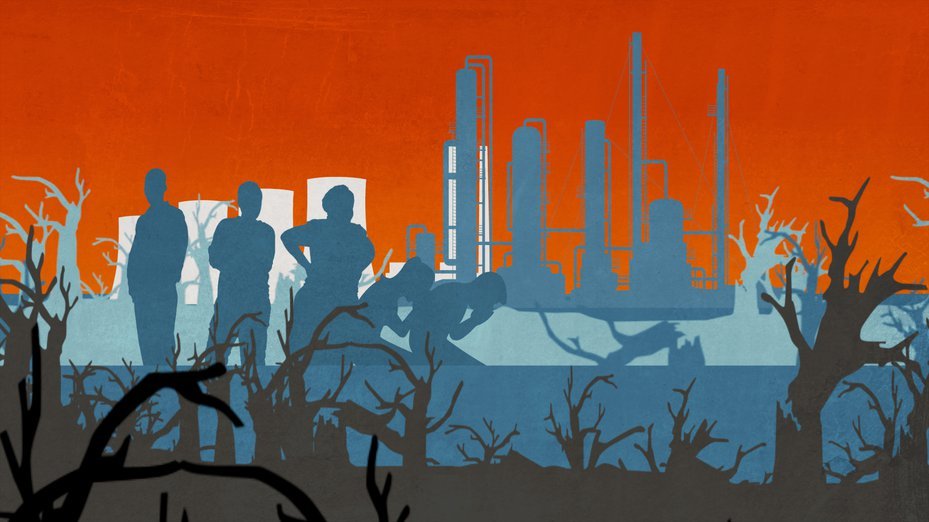
In advance of COP28, the UN required for the first time that anyone registering for the summit must declare their affiliation, which is seen as a victory for transparency, an important first step. But greater openness alone will not stop oil and gas lobbyists from attempting to influence and promote false solutions that pave the way to the world pumping yet more oil.
The climate negotiations must be shut and locked from the influence of those most to blame for this crisis. We cannot afford to have polluters in the room denying, delaying and distracting from progress.
We need decision makers to listen to the people calling for an equitable, just and rapid transition.
The UN and the global scientific community are clear: the world must rapidly and fairly phase out fossil fuels and bring an end to deforestation driven by profit-making food companies. This the only way we have any chance of keeping the Paris Agreement temperature goal of 1.5°C within sight.
Limiting warming to 1.5°C requires global greenhouse gas (GHG) emissions to peak by 2025, with a total 43% reduction by 2030.
There is no option other than to overhaul our energy and food systems in ways that work for the climate and improve the lives of people everywhere.
Now is the time to reject greenwashing and false solutions peddled by big polluters.
Global Witness's submission to the Global Stocktake
Together with the Human Rights and Climate Change Working Group, formed by different civil society organisations, Global Witness put together a submission for the first Global Stocktake.
The key political message of the submission is a call for enhancement of the efforts and commitments by Parties to:
- Put in place urgent, effective, and equitable climate action to transform our energy, economic and agriculture sectors, including a full and equitable phase-out of all fossil fuels to keep warming below 1.5°C and fulfil Parties’ human rights obligations. These measures should exclude any reference to dangerous technologies, including those that: directly or indirectly prolong dependence on fossil fuels; are unproven; bet on overshoot; rely on offsets; or come with high human rights or environmental risks.
- Respect, protect, and fulfil human rights obligations, including the rights of Indigenous Peoples, and adopt intersectional approaches in the planning, design, implementation and monitoring and evaluation of all relevant policies, commitments and processes related to the implementation of the Paris Agreement, including NDCs.
- Ensure meaningful and effective public participation of all groups of society in the planning, design, implementation and monitoring and evaluation of all relevant policies, commitments and processes related to the implementation of the Paris Agreement including by ensuring access to relevant information for all.
- Enhance the protection of environmental human rights defenders in the context of climate action.
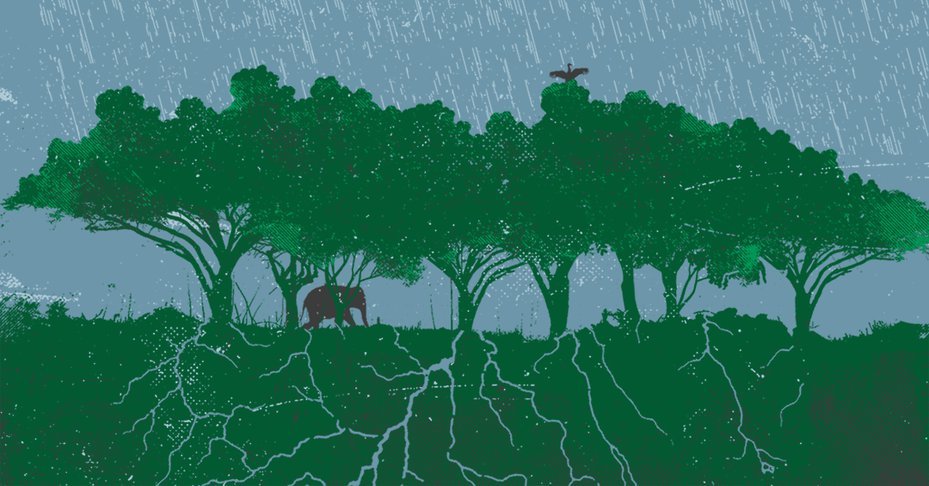
Global Witness’s COP28 policy positions
Global Witness’ COP28 policy positions are organised across three themes to advance a human rights-based approach for climate action and climate justice:
- Meaningful participation of defenders and communities in climate decision-making and advancing climate justice
- Rapid phase-out of fossil fuel, an end to deforestation and a just transition respecting human rights
- Holding States and the private sector accountable
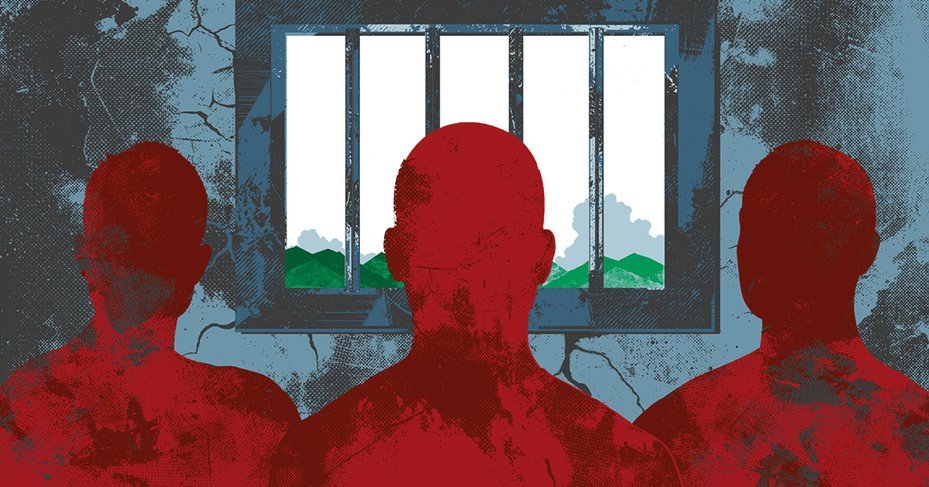
Meaningful participation of defenders and communities in climate decision-making and advancing climate justice
In negotiations, UNFCCC Parties should center the voices, experiences, and solutions of historically impacted individuals and communities in global and national decision-making. All action plans and the final conference outcome text should include rights-based elements like access to information, public participation, and Indigenous peoples’ consultation. Neglecting these rights will lead to human rights violations and a continuation of the climate and biodiversity crises.
Parties should:
- Recognize the link between the climate crisis and growing violence and repression against land and environmental defenders and take meaningful steps to protect defenders and civic space (online and in person) to promote ambition and climate action.
- Hold a Dialogue under UNFCCC on Environmental Human rights defenders, including Indigenous peoples and frontline communities, to identify and address the obstacles that defenders face when trying to exercise their rights to access information, public participation, and education.
- Ensure meaningful and effective public participation in the planning, design and implementation of all relevant decisions and processes related to the implementation of the Paris Agreement, including NDCs.
COP28 outcomes must reflect a climate justice-based approach. This would include, but is not limited to:
- The Global Stocktake must articulate a clear roadmap for resetting climate ambition. The Global Stocktake must explicitly assess how Parties’ NDCs have incorporated protection and promotion of human rights including the rights of Indigenous peoples and environmental defenders. The results of this should better inform future NDCs, adaptation plans, and all climate action.
- An agreement to double the collective provision of adaptation finance on 2019 levels by 2025, based on a framework for the Global Goal on Adaptation and commitments to mobilize resources for adaptation and building climate resilience for vulnerable communities.
- The expected Leaders’ Commitment on Agriculture and Food Systems must prevent human rights abuses in the food system and commit to preventative laws to stop the financing of global deforestation and land grabs. This will not only enhance climate ambition but also our ability to meet the Global Biodiversity Framework goal to halt and reverse biodiversity loss by 2030.
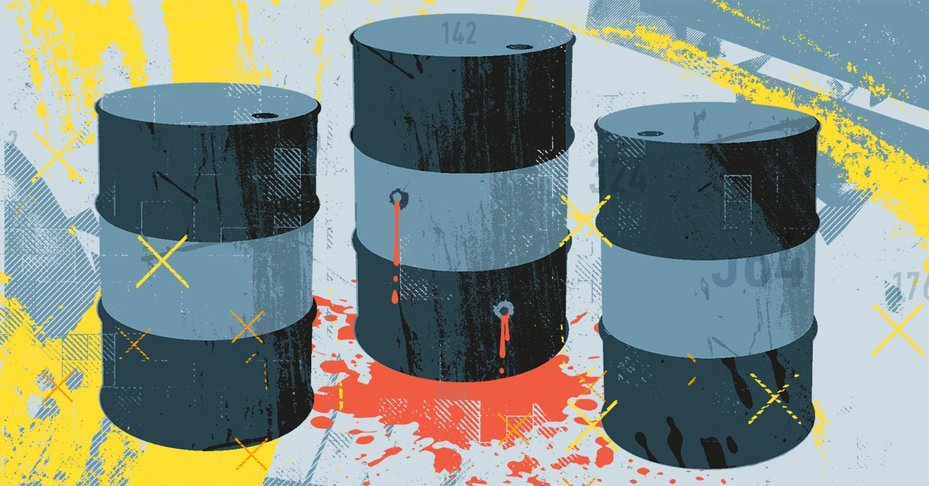
Rapid phase-out of fossil fuel, an end to deforestation and a just transition respecting human rights
A just and equitable energy system begins with a fossil fuel phaseout.
As we build the energy system of the future, the systems we design to extract transition minerals must not replicate the inequities of the present. The world cannot move from one industry of extraction and exploitation to another. To achieve this, outcomes at COP should include:
- A commitment in the final outcome text to a full, rapid and equitable phaseout of the production, exploration and use of all fossil fuels in line with the Paris Agreement target to keep warming to below 1.5°C and parties’ human rights obligations.
- Top GHG-emitting countries commit to address demand-side measures in their NDCs, such as the recycling and re-use of metals and the reduction of unsustainable consumption, before increasing their extraction of transition minerals.
- Producer and consumer countries must ensure that transition mineral extraction is just and responsible, developing value chains that make it mandatory to benefit share with civil society in resource rich countries. New extractive projects of transition minerals must not involve human rights violations, effectively address corruption risks, and reduce environmental destruction to a minimum.
- Respect Free, Prior and Informed Consent (FPIC). All communities are consulted in a meaningful and inclusive way and Indigenous peoples’ consent is a condition for any financing of projects, businesses or activities affecting their rights or territories.

Holding States and the private sector accountable
Climate justice must include accountability for past and present harms. This means recognizing that the economic and political systems devised by rich countries are disproportionately causing the climate crisis, and how the impacts of the climate crisis presently fall primarily on climate vulnerable countries and on marginalized communities.
Accountability also means recognizing the ongoing role that non-state actors such as large businesses play in causing harm to people and the planet. We must defend the “polluter pays” principle across the public and private sectors.
- Commit to develop a concrete accountability framework for both Parties and non-state actors by 2025 that includes mandatory legislation for comprehensive due diligence across economic sectors, including mineral extraction and global agribusiness.
- Immediately agree a minimum of US$100 billion by 2030 into the Loss and Damage Fundagreed at COP27, as demanded by climate vulnerable nations.
- Close the climate finance gap by delivering all existing pledges – including the 2009 agreement to provide US$100 billon per year – while pursuing a complete reform of how climate finance is disbursed, ending the debt trap cycle.
Briefing for UNFCCC COP28 on Land and Environmental Defenders
Together with organisations from around the world working with Indigenous peoples, local communities and Land and Environmental Defenders, Global Witness have prepared a joint NGO briefing for the UNFCCC COP28 on the need for increased recognition and protection of Land and Environmental Defenders (LEDs).
The briefing calls for three key recommendations to advance a human rights-based approach to climate action and climate justice:
- The guarantee of meaningful engagement of LEDs in climate policy making;
- The prioritisation of land rights and tenure security for LEDs; and
- The recognition and protection of LEDs in the Global Stocktake and other key UNFCCC COP processes.
The joint NGO briefing recognises the plight of LEDs as people not only on the frontline of climate crises and loss and damage, but also risking their lives advocating for climate justice, opposing fossil fuels and false solutions, and defending their right to a clean, healthy and sustainable environment.
Resource Library
People not polluters:COP28
Download Resource